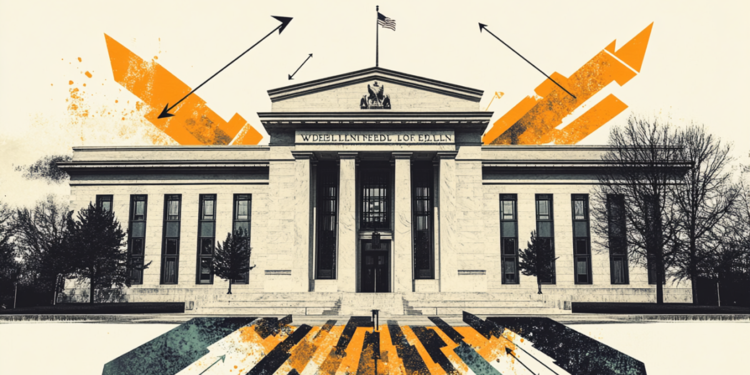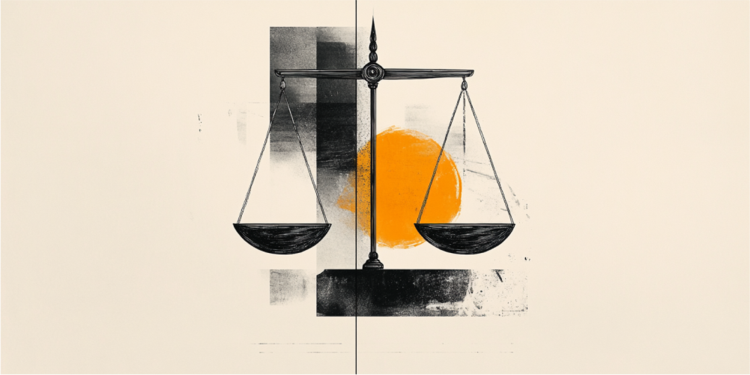It’s been a year since the world we live in has been decided on battlefields in Ukraine. It’s been a year since Russia, with the tacit support of China, began a brutal aggression against a neighbor, Ukraine, whose right to exist it does not respect.
An international order that lasted some 70 years was left behind. Such a liberal order, based on respect for rules and, to a large extent, on multilateral organizations.
The new order depends on how a conflict that has very clear contours will evolve. Between autocracies and authoritarian regimes, such as Russia and China; and open society regimes led mainly by the United States, but with strong participation from Europe.
For Brazil, it is a delicate and difficult situation. Even before the war in Ukraine, the tension between the two superpowers, China and the United States, which are our main trading partners, for example, was already getting worse.
The space to remain equidistant from these two giants has been greatly reduced. In this sense, the conflict in Ukraine is equally seen by Russia and China, on the one hand, and the western alliance, on the other, as an existential conflict.
Undoubtedly it is a great geopolitical conflict, the most important of our time. But who said that values of societies – democracy against authoritarianism, for example – are not part of geopolitical conflicts?
Fight for them too. This is what is happening now, on the battlefields of Ukraine.
Source: CNN Brasil
Bruce Belcher is a seasoned author with over 5 years of experience in world news. He writes for online news websites and provides in-depth analysis on the world stock market. Bruce is known for his insightful perspectives and commitment to keeping the public informed.







